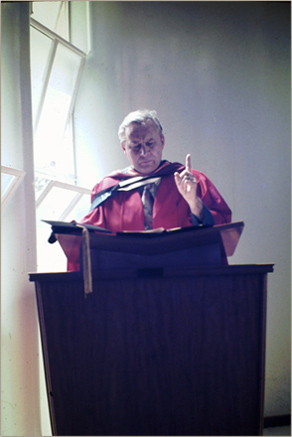Extract from What Really Happened? – The Severe Limitations of Most Histories. To read the full text, click “Download” below.
There is no modern history — without its foundation in ancient history. Indeed, there is no ancient history, at all, without the Bible.
Unaided by the historical information contained in the Holy Bible (as the infallible because inspired Word of God) — it is impossible to know in depth what really happened, anywhere, in ancient times. Indeed, without understanding ancient times in depth, one cannot really understand even the present time.

